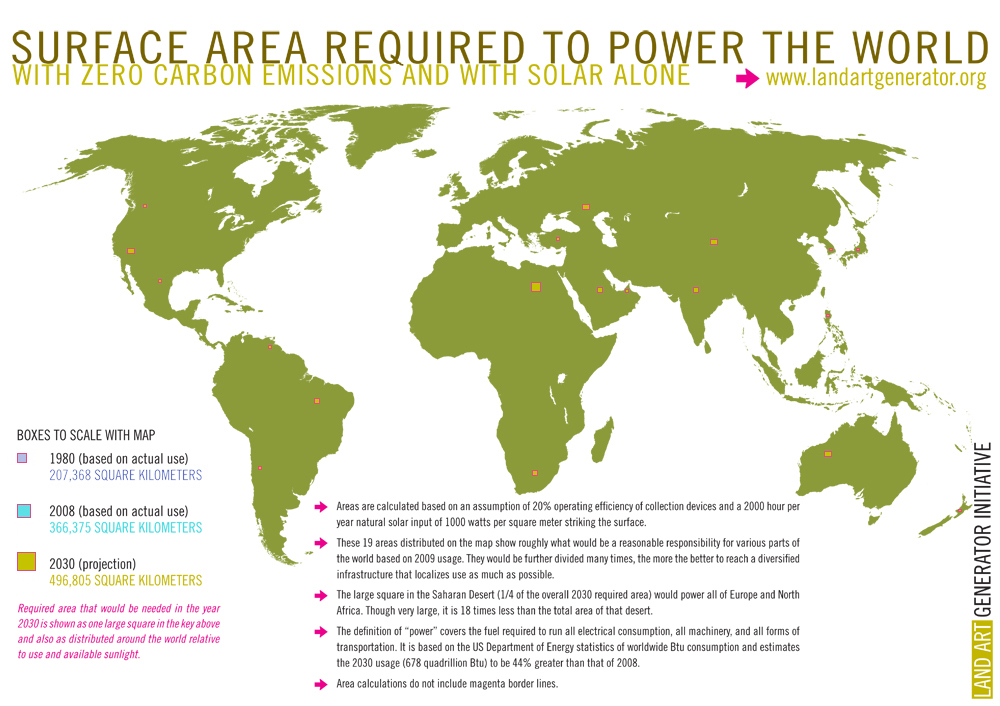Was that cybertruck concept a joke or are they actually going to launch it looking like that? Honestly, with the ridiculous styling and the unbreakable glass that broke...I just thought Elon was trolling the industry and perhaps had a real truck up his sleeve. That, or he is totally nuts.....They are coming out with electric trucks. Tesla has the cybertruck, .....
I do think EVs are the wave of the future, I just don't think that weirdo will continue to be a part of it.












































![Craft A Brew - Safale S-04 Dry Yeast - Fermentis - English Ale Dry Yeast - For English and American Ales and Hard Apple Ciders - Ingredients for Home Brewing - Beer Making Supplies - [1 Pack]](https://m.media-amazon.com/images/I/41fVGNh6JfL._SL500_.jpg)















